The Crest line of toothpastes have recently come under fire by dentists and consumer advocates due an additive of tiny plastic beads that have been included in the make-up of several kinds of the toothpaste. The polyethylene ingredient is apparently not needed as one of the active ingredients, according to the Crest manufacturer, a subsidiary of consumer product giant, Proctor & Gamble. Scientists say that the substance is actually a chemical name for plastic and is supposed to be biologically inactive. They explain that the tiny microbeads are the size of grains of sand and were added for color and aesthetic purposes. However, dental experts note that the plastic pieces can still cause serious health problems or dental disease, such as gingivitis, despite their being inert. Some dentists and periodontal specialists note that some patients have been found to have the polyethylene microbeads lodged in their gums, leaving a route open to introduce bacteria and infections into the gums. Company officials for Crest have announced, after a lengthy fight with dentists and consumer product safety advocates, that they are removing the potentially dangerous ingredient from all of their toothpaste products. They believe that it will take approximately six months to complete this removal of the plastic ingredient, while critics feel that this is much too long of a timeline to correct a dangerous condition for consumers. In the meantime, activists want to see the company issue a dangerous product recall in order to warn potential victims of the hazardous situation and advise them to see their oral health specialists. If you or someone you know has been exposed to this potential health hazard, you should speak to your doctor or dentist. You also have the right to consult with an attorney with expertise in consumer product liability. See this article for more about the dangerous use of polyethylene additives in Crest toothpaste as well as other various consumer products and even some foods.
Illustrative photo by Thegreenj (Own work) [GFDL or CC-BY-SA-3.0], via Wikimedia Commons
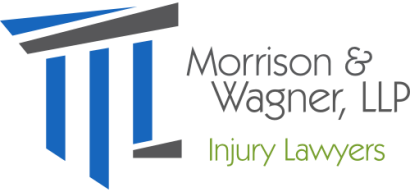




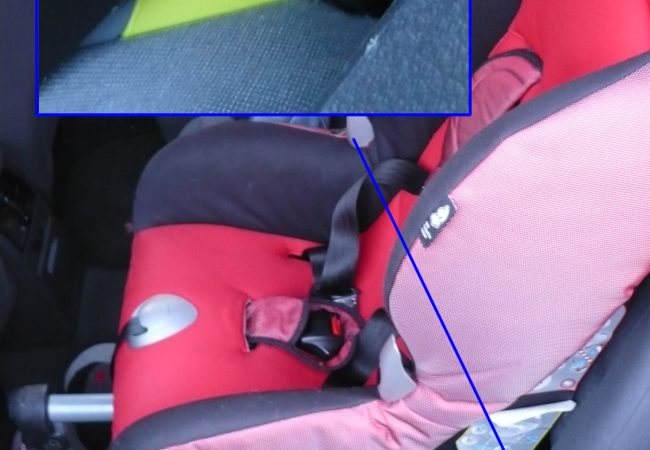
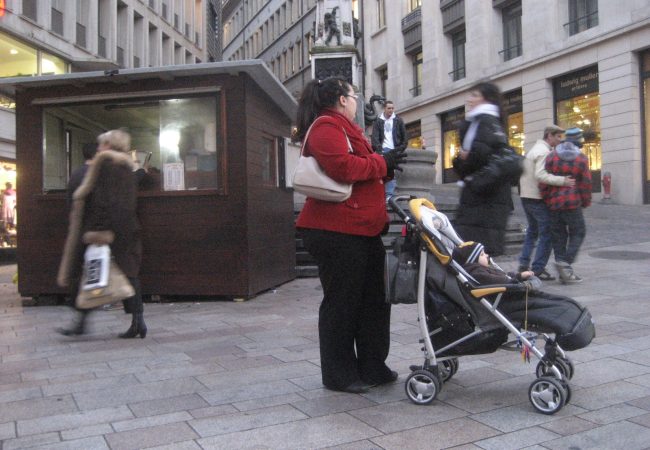
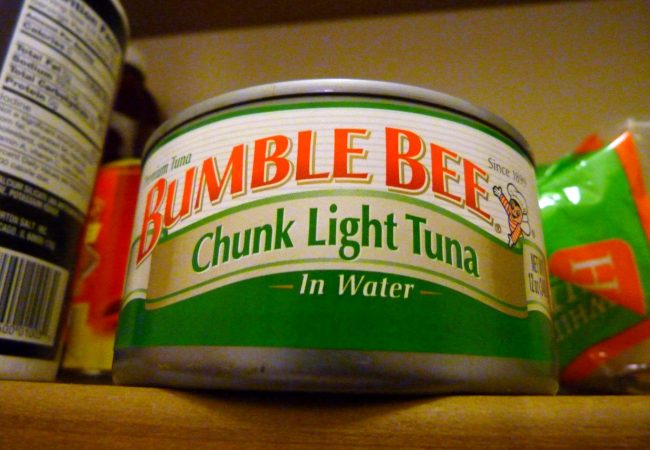
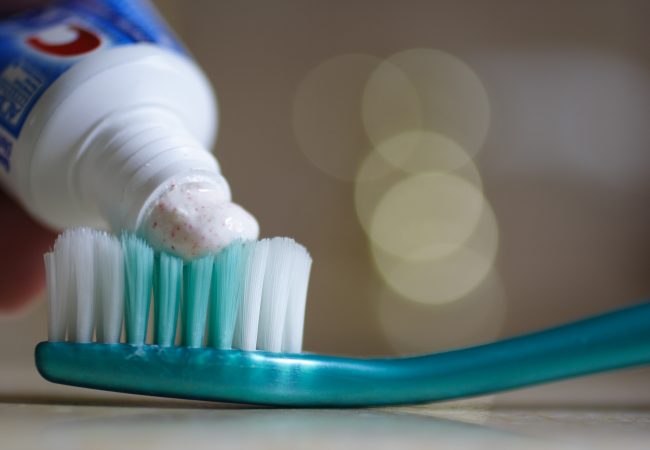
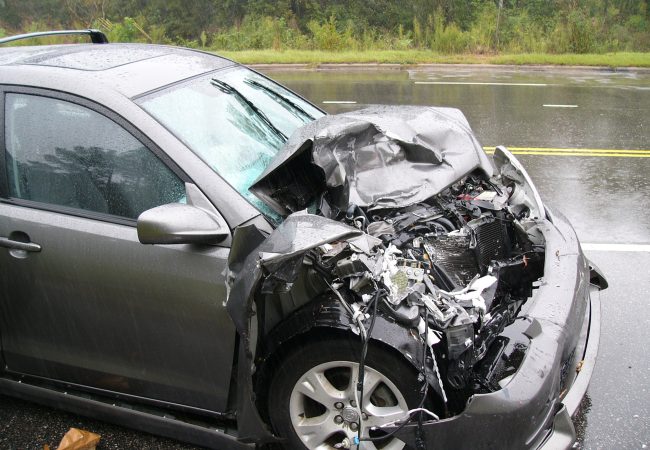
![Illustrative Photo by U.S. Navy [Public domain], via Wikimedia Commons](https://morrisonwagner.com/wp-content/uploads/MS1_on_stretcher-150x150.jpg)
![Photo for illustrative purposes only. Photo Credit: Billie Grace Ward [License]](https://morrisonwagner.com/wp-content/uploads/2022/02/fdny-ambulance-150x150.jpg)
![Photo for illustrative purposes only. Photo Credit via Mike Goad [License]](https://morrisonwagner.com/wp-content/uploads/2022/02/nyc-fire-scene-150x150.jpg)




